In this article, we will explore the truth behind hair loss, shedding light on its causes and solutions to empower those who are dealing with this issue. From understanding the root causes such as genetics, hormonal changes, and nutritional deficiencies, to exploring solutions like a healthy diet, hair care practices, medical treatments, and hair restoration procedures, we will empower you to take positive steps towards managing hair loss with confidence. So, let’s unlock the truth behind hair loss and discover ways to overcome this challenge with a positive mindset.
Table of Contents
Hair loss, a common concern that affects millions of people worldwide, is a topic that generates a significant amount of curiosity and searches on Google. While hair loss can be distressing, it’s important to approach it with a positive mindset, as there are various causes and solutions that can help individuals effectively manage and overcome this challenge. In this article, we will explore the truth behind hair loss, shedding light on its causes and solutions.
Causes of Hair Loss
Understanding the root causes of hair loss is crucial in finding effective solutions. Here are some common causes of hair loss:
- Genetics: A family history of hair loss, also known as androgenetic alopecia, is the most common cause of hair loss in both men and women. It is often inherited from one or both parents and is triggered by the hormone dihydro-testosterone (DHT), which causes hair follicles to shrink and eventually stop producing hair.
- Hormonal Changes: Hormonal changes due to pregnancy, childbirth, menopause, or thyroid imbalances can disrupt the hair growth cycle and result in hair loss. However, these types of hair loss are usually temporary and resolve on their own.
- Nutritional Deficiencies: A diet lacking in essential nutrients such as iron, zinc, biotin, and vitamins D and E can weaken hair follicles and lead to hair loss.
- Medical Conditions: Certain medical conditions like alopecia areata, scalp infections, and autoimmune diseases can cause hair loss. Medical treatments like chemotherapy and radiation therapy for cancer can also result in temporary hair loss.
- Hairstyling and Hair Treatments: Excessive hair-styling practices such as tight hairstyles, heat styling, and chemical treatments can damage hair shafts and lead to hair loss over time.
Solutions for Hair Loss
The good news is that there are various solutions available for managing and addressing hair loss. Here are some positive steps that individuals can take:
- Healthy Diet: A balanced diet rich in essential nutrients like vitamins, minerals, and proteins can promote healthy hair growth. Including foods such as leafy greens, eggs, fish, nuts, and seeds in your diet can help nourish your hair from within.
- Hair Care Practices: Gentle hair care practices such as using a wide-toothed comb, avoiding tight hairstyles, limiting the use of heat styling tools, and opting for mild hair care products can help prevent hair breakage and damage.
- Medical Treatments: There are FDA-approved medical treatments such as minoxidil and finasteride that can help slow down hair loss and stimulate hair growth. However, these should be used under the guidance of a healthcare professional.
- Topical Treatments: Topical treatments such as serums and shampoos containing ingredients like biotin, keratin, and caffeine can help nourish the scalp and promote hair growth.
- Hair Restoration Procedures: Hair transplant procedures such as follicular unit transplantation (FUT) and follicular unit extraction (FUE) can be effective options for individuals looking for permanent solutions to hair loss. These procedures involve transplanting healthy hair follicles from one part of the body to the affected areas.
- Embracing Change: Embracing a change in hairstyle or haircut can be a positive way to deal with hair loss. Trying out new haircuts, styles, and hair accessories can help individuals feel confident and empowered despite hair loss.
- Seeking Support: Hair loss can take an emotional toll on individuals, and it’s important to seek support from loved ones, friends, or mental health professionals to cope with the emotional aspects of hair loss.
FAQ’s
-
Why does stress cause hair loss?
Stress can cause hair loss due to its impact on the hair growth cycle. Stress triggers changes in the body’s hormonal balance, disrupts the normal hair growth cycle, and can push hair follicles into a resting phase. This can result in increased hair shedding or hair loss. Additionally, stress can also impact the immune system and cause inflammation, which can affect the health of the hair follicles and lead to hair loss. Managing stress through healthy coping mechanisms and stress-reducing techniques may help prevent or minimize stress-induced hair loss.
-
How to stop hair loss?
Stopping hair loss involves adopting a holistic approach that includes maintaining a healthy diet, practicing gentle hair care, managing stress, getting adequate sleep, avoiding smoking and excessive alcohol consumption, protecting hair from environmental damage, considering medical treatments if needed, avoiding crash diets, and seeking professional help when necessary. These strategies can help stop or minimize hair loss and promote healthy hair growth.
-
Is hair loss at 18 normal?
While hair loss at 18 is not considered “normal” in the sense that it is not typical or expected, it can occur due to various factors such as genetics, hormonal changes, medical conditions, nutritional deficiencies, hair care practices, or stress. It’s important to seek medical evaluation and appropriate treatment if experiencing hair loss at 18 or any age to determine the underlying cause and address it effectively. Early intervention can often prevent further hair loss and promote healthy hair growth.
-
What vitamin deficiency causes hair loss?
A deficiency in certain vitamins, such as vitamin D, vitamin E, vitamin A, vitamin B7 (biotin), and vitamin B12, can potentially contribute to hair loss. These vitamins play essential roles in the health of the hair follicles and the overall hair growth cycle. Ensuring an adequate intake of these vitamins through a balanced diet or supplements, as recommended by a healthcare professional, may help prevent or minimize hair loss caused by vitamin deficiencies. However, it’s important to note that hair loss can have multiple causes, and addressing a potential vitamin deficiency should be done in consultation with a healthcare provider for proper evaluation and personalized recommendations.
-
What is postpartum hair loss?
Postpartum hair loss, also known as postpartum telogen effluvium, is a common condition that occurs after childbirth where women experience excessive hair shedding. During pregnancy, hormonal changes prolong the growth phase of the hair, resulting in thicker and fuller hair. However, after giving birth, hormonal levels fluctuate, causing more hair follicles to enter the resting phase, leading to increased hair shedding. This can result in noticeable hair loss or thinning, but it is usually temporary and resolves on its own within a few months. Proper nutrition, gentle hair care practices, and managing stress can help support healthy hair growth during this period. If concerned about postpartum hair loss, consulting a healthcare professional or dermatologist can provide reassurance and guidance.
-
How to prevent hair loss?
To prevent hair loss, it’s important to maintain a healthy lifestyle that includes a well-balanced diet with adequate nutrients, regular exercise, sufficient sleep, stress management techniques, and avoiding harmful hair care practices such as excessive heat styling or tight hairstyles. Additionally, protecting hair from environmental damage, avoiding smoking and excessive alcohol consumption, and seeking professional help when needed are also important steps. In some cases, addressing underlying medical conditions, taking supplements as recommended by a healthcare provider, and considering medical treatments may be necessary. Adopting a holistic approach to hair care can help prevent or minimize hair loss and promote healthy hair growth.
Conclusion
While hair loss can be a distressing experience, understanding its causes and solutions can empower individuals to effectively manage and overcome this challenge. With a positive mindset and proactive steps, individuals can take control of their hair health and confidently address hair loss. From adopting a healthy diet and gentle hair care practices to considering medical treatments or hair restoration procedures, there are various options available. Embracing change and seeking support from loved ones or professionals can also play a significant role in coping with the emotional impact of hair loss. Remember, hair loss is a common issue that many people face, and there are solutions available to help you on your journey towards healthier, fuller hair. Stay positive, take action, and unlock the truth behind hair loss to restore your confidence and embrace your unique beauty.
For more in-depth information and tips on preventing and managing hair loss, be sure to check out our other articles on this topic. Click here to explore further!

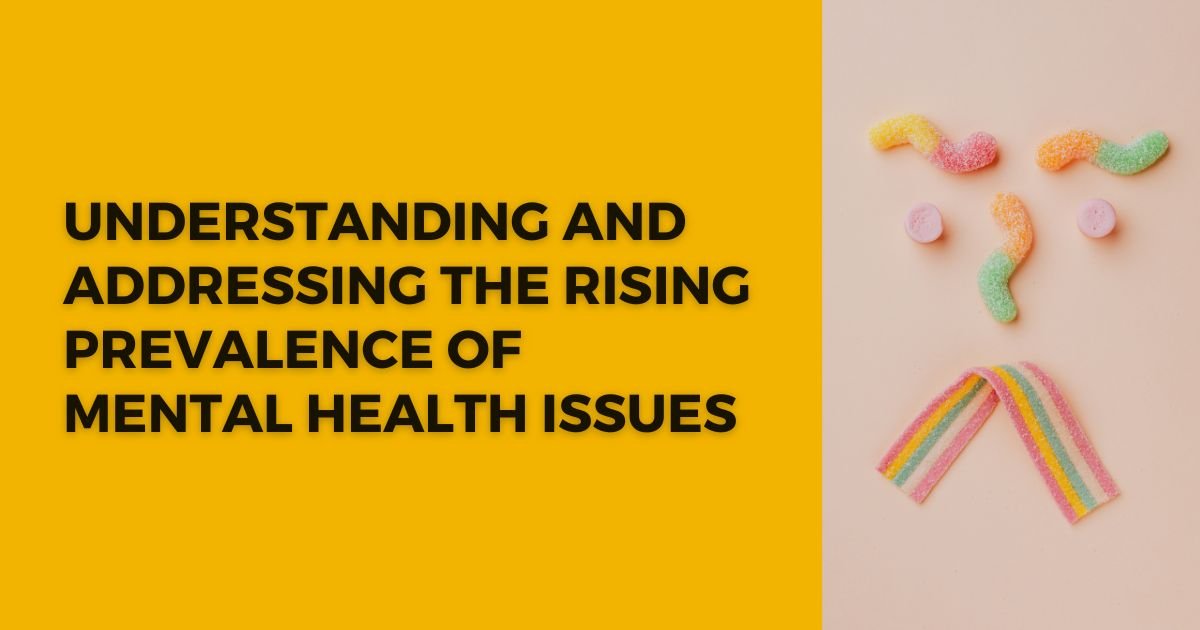

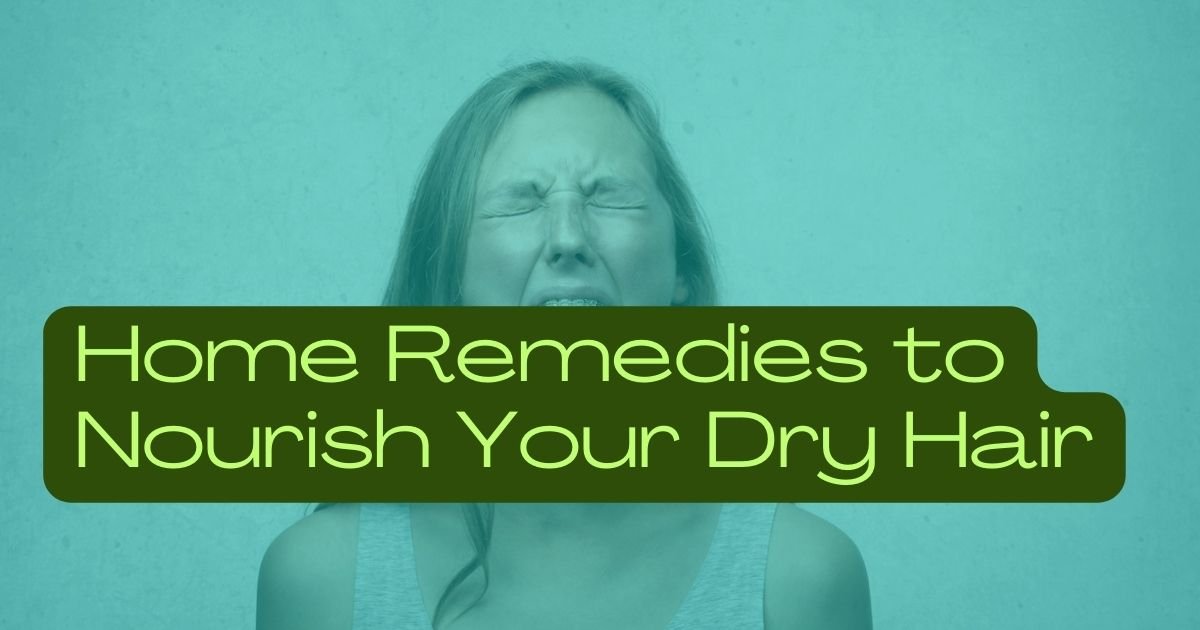

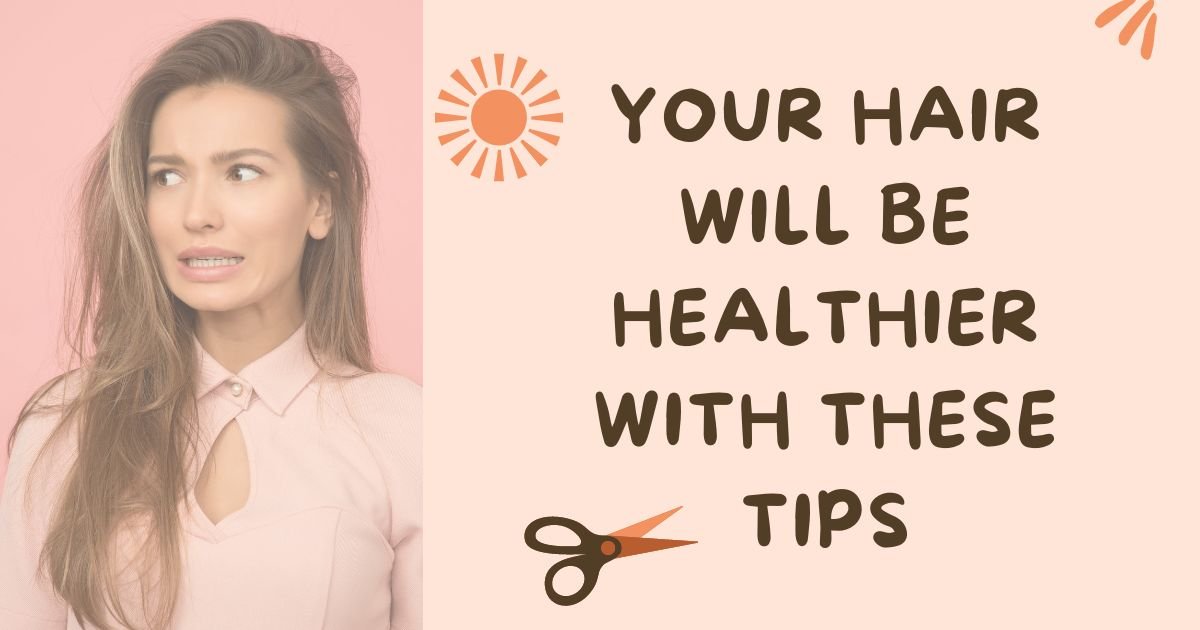
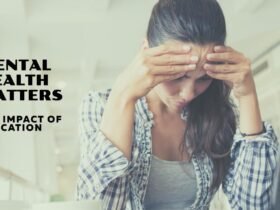

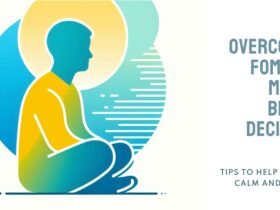
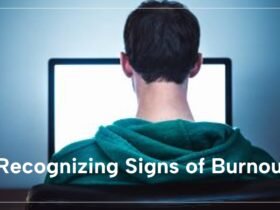
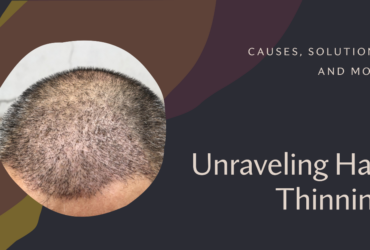
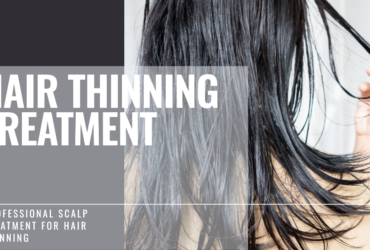

What a thought-provoking piece! I appreciate how the author challenges conventional wisdom and presents a unique viewpoint. This article has definitely inspired me to question my own assumptions and explore more about hair loss.